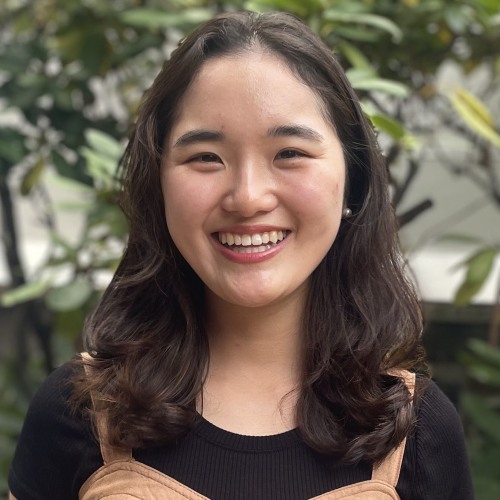Typically, an undergraduate student follows a textbook or a paper and the graduate student plays the role of a mentor. It is up to each pair to decide how frequently to meet and discuss the content, but once a week is usual. At the end of the semester, each student is encouraged to give a presentation (or write a report) about the project in order to solidify their own understanding and to pass it on to others.
The first DRPs took place at the University of Chicago over a decade ago. These programs have had great success and have spread to many other math departments. The DRP at Brown began in Spring 2017.
Directed Reading Program Goals
- To further interactions between undergraduate and graduate students, strengthening our math community.
- To provide a fun and low-stress way for both mentee and mentor to learn or further familiarize themselves with topics of interest.
- To give another, less intimidating avenue for interested undergraduate students of varying backgrounds to get more involved in math and even to pursue relatively advanced topics.
- To give graduate students the opportunity to act as mentors and to gain a different type of teaching experience.


